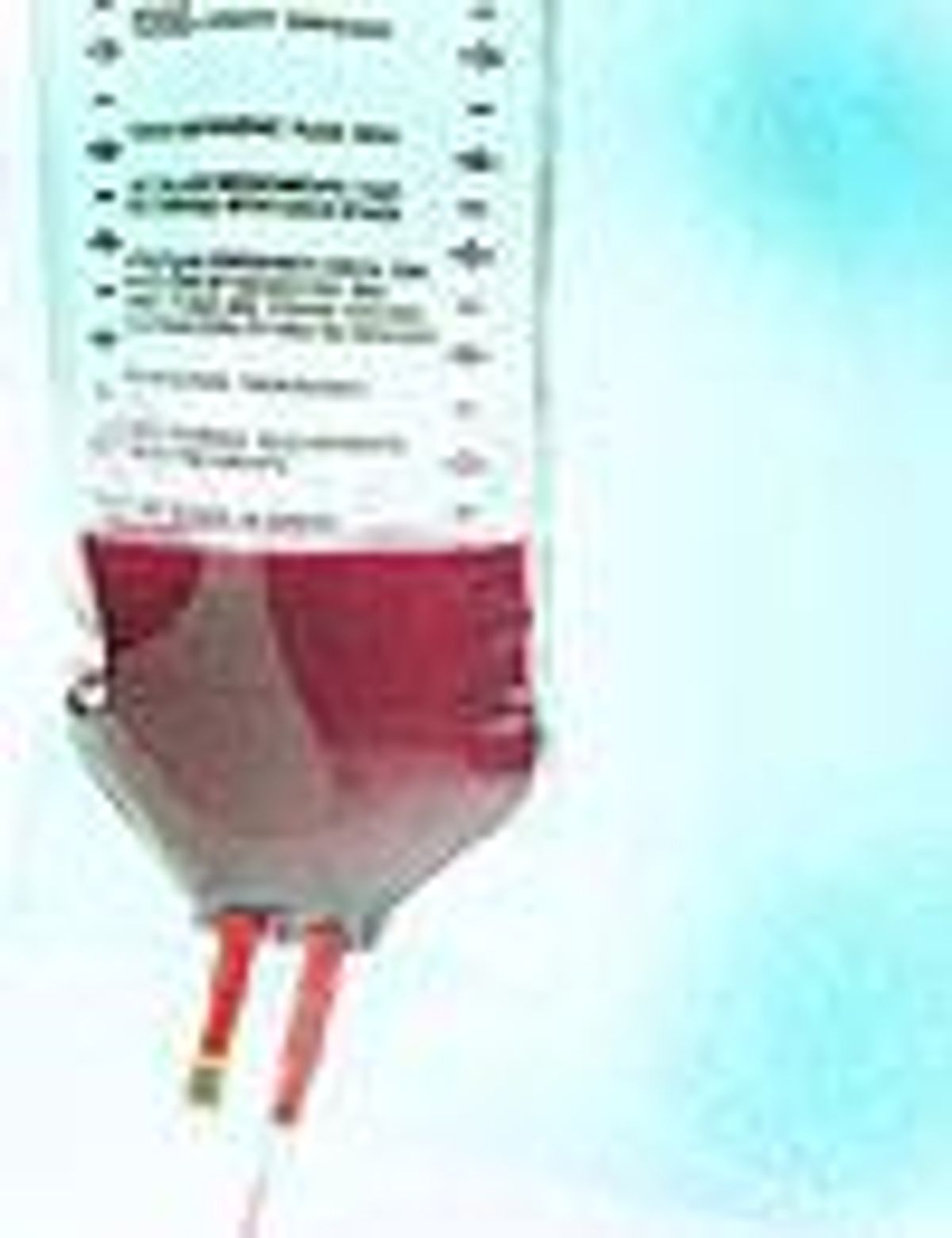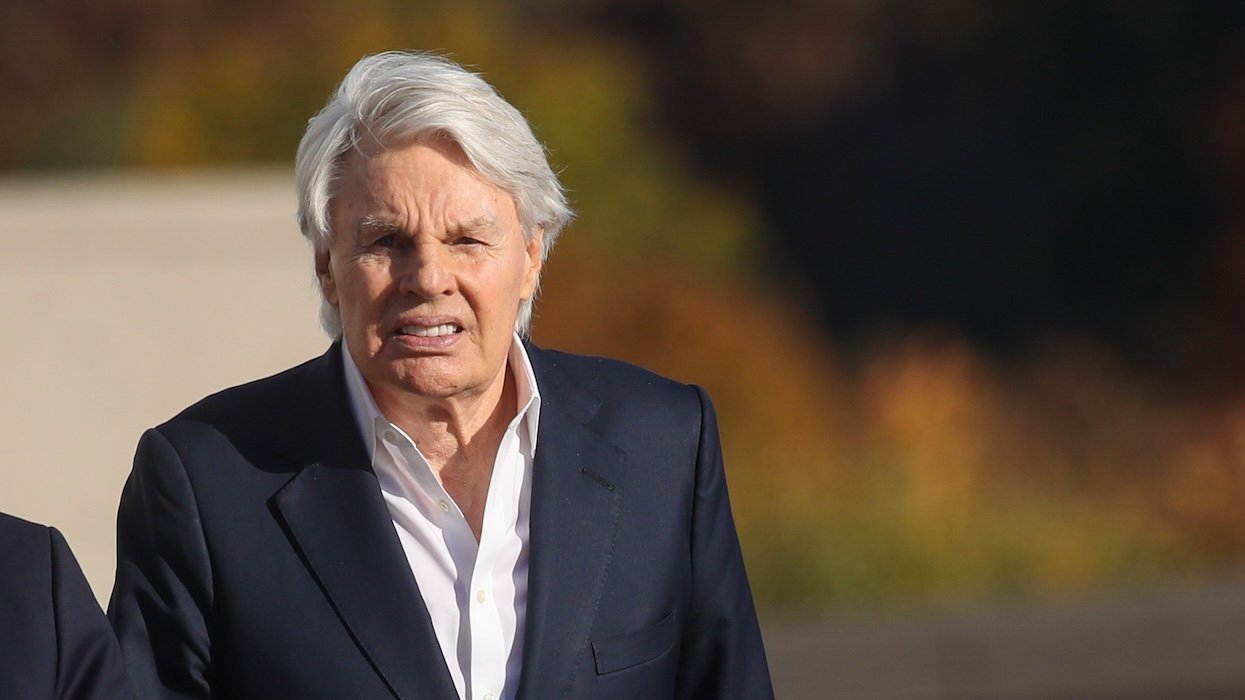The South African
National Blood Service (SANBS) announced on Thursday
that it has banned blood donations from sexually active
gay men due to their higher risk of HIV. The ban has
provoked an angry response from gay activists.
"A man who has
had sex with another man within the last five years,
whether oral or anal sex, with or without a condom...is not
permitted to donate blood and must please not do so,"
the SAPA news agency quoted SANBS medical director
Robert Crookes as saying.
South Africa has
the world's highest number of HIV cases with more than 5
million people infected.
A South African
LGBT advocacy group said that blood donors should be
screened according to whether they use condoms and not
because of their sexuality. The group threatened
to take Crookes to court over his comments, which it
blasted as discriminatory. "I understand that the
blood transfusion service needs some sort of social
indicator to derive the safety of blood, but the use
of gay in a blanket way indicates this is not fair,"
Dawie Nel, spokesman for the group, told SABC radio.
Crookes asserted
that the blood service's position was based on
international practice and research that showed sexually
active gay men were more likely to be infected with
HIV than their heterosexual counterparts, SAPA said.
Post-apartheid
South Africa has one of the most progressive constitutions
in the world, the only one to enshrine equal rights for gays
and lesbians. South Africa's top court said in
December it was unconstitutional to deny gay people
the right to marry, putting it on track to become the
first country in Africa to legalize same-sex
marriages.
Activists plan to
picket blood donor centers on Friday over the policy,
SABC reported.
Nel said the
decision to bar gay men from giving blood was not new but
that the blood service had reiterated its position following
renewed criticism from gay rights groups.
The United States
also bars sexually active gay men from donating blood
because of higher HIV prevalence rates among gay men. U.S.
AIDS activists also say this policy is discriminatory.
(Reuters, with additional reporting by Advocate.com)



















































































